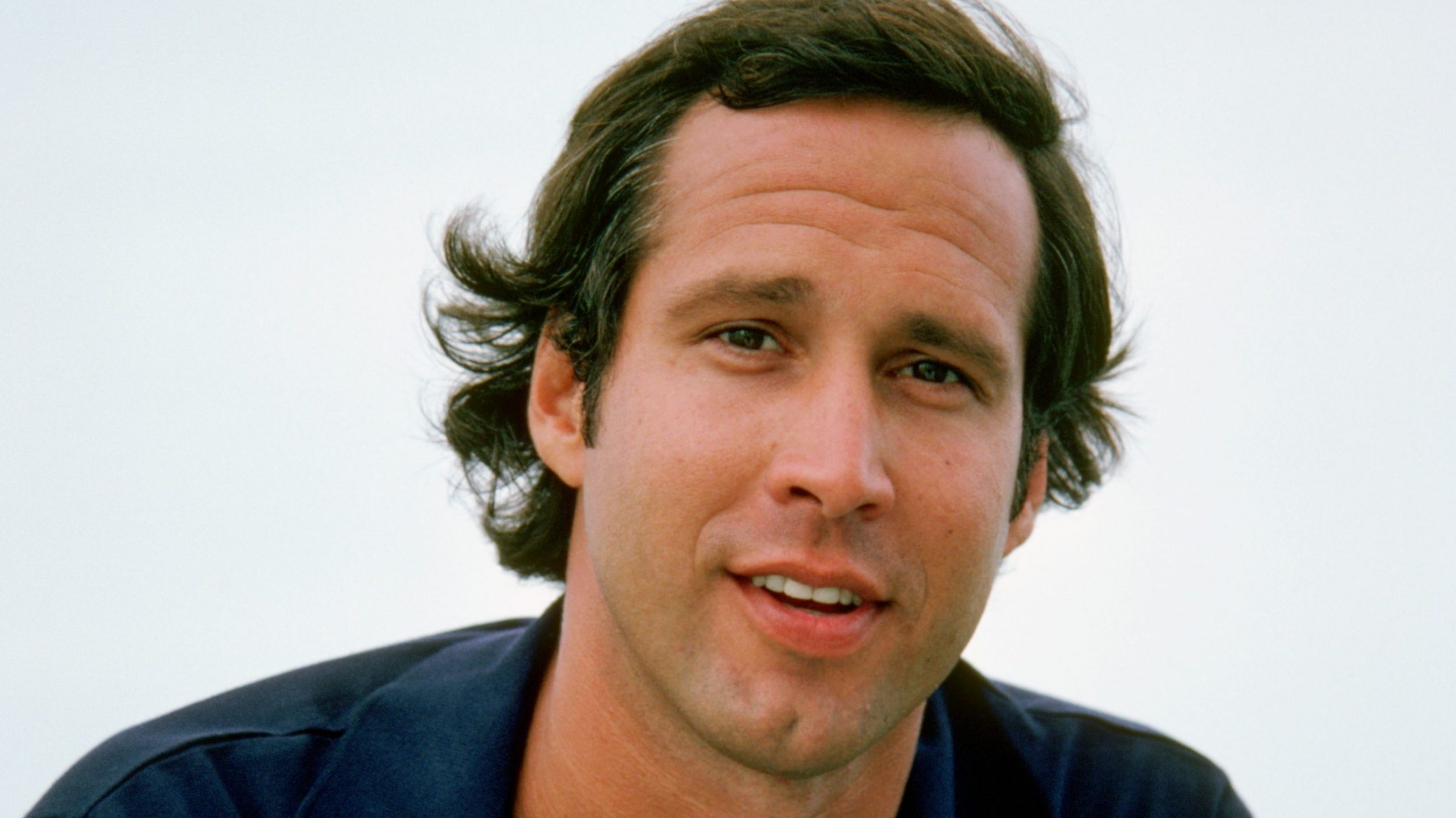Have you ever found yourself uttering the sentence, “I have an idea for a sitcom, it’s set in a …” with a suitable epithet? While there is of course no right or wrong way to begin writing a sitcom, it’s worth bearing in mind that the setting is not the situation. Indeed, the setting should really be there to enhance the situation.
My favourite example of this distinction is Blackadder. Over the course of its four series, the setting changed dramatically, but the basic situation remained the same. Edmund Blackadder wanted to climb the social ladder, whether it was in the court of Elizabeth, or to escape the trenches of the Great War.
But in each case, the setting served the situation. Blackadder was positioned so he could easily see his own place in the world.
So, if your main character wants to be the greatest baker in the world, it only makes sense to set everything in a bakery. If your character wants to be rich by this time next year, by all means have him be a three-wheeler dealing market trader with not much nouse.
It could work in reverse of course. Maybe you really want to write about your life at an abattoir; and a perfectly acceptable sitcom it could make just from that one single idea. But it can only serve to enhance matters by having that setting inform your character’s situation. What if your slaughterhouse executive secretly wants to be a serial killer?











